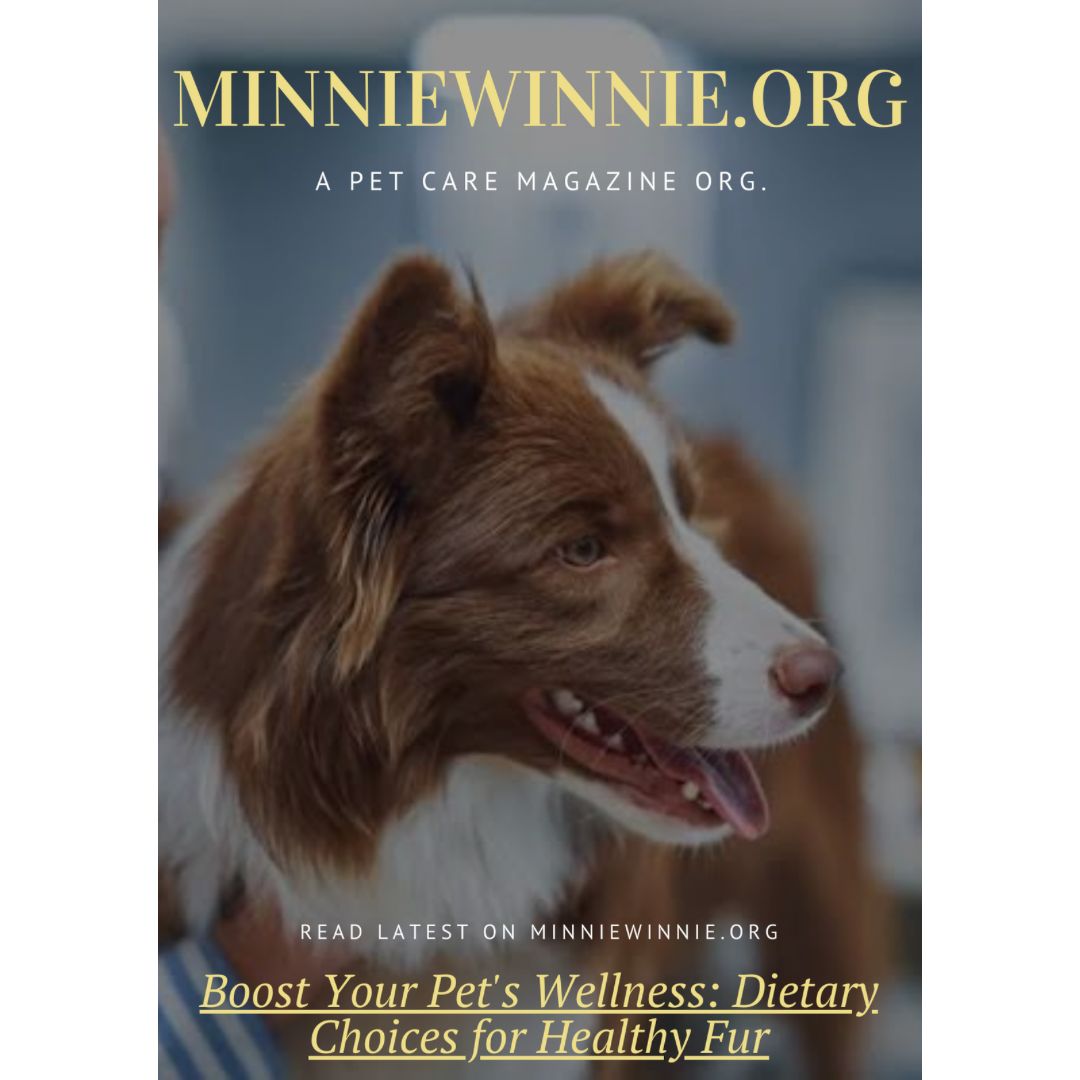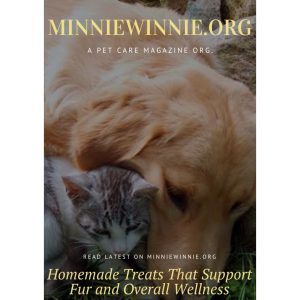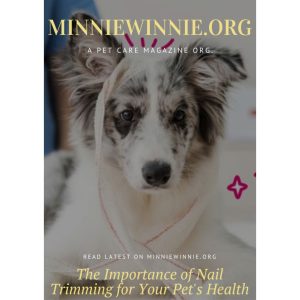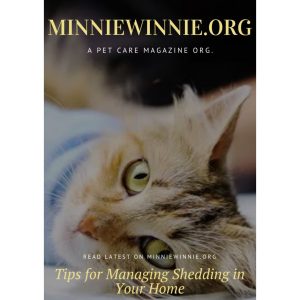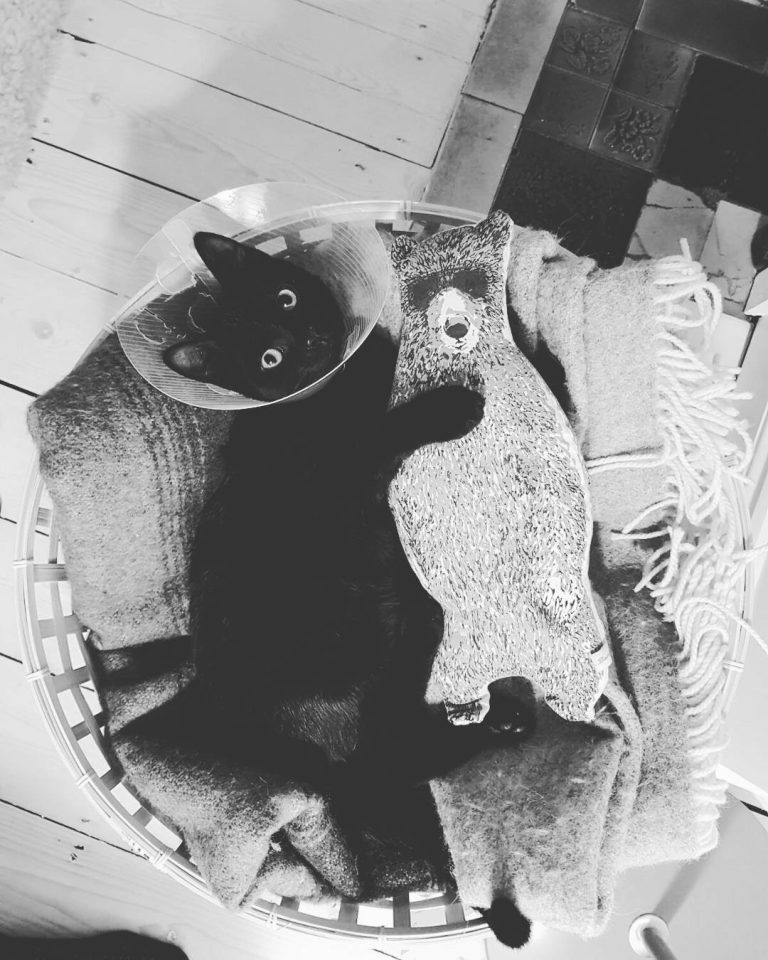Boost Your Pet’s Wellness: Dietary Choices for Healthy Fur
A pet’s coat is often a visible indicator of their overall health. Shiny, soft fur not only looks good but also reflects a well-balanced diet and proper care. Just like humans, pets benefit greatly from the right nutritional choices, which can lead to improved skin health and a more lustrous coat. In this article, we explore the dietary choices that can boost your pet’s wellness and promote healthy fur.
Understanding the Connection Between Diet and Fur Health
The condition of your pet’s fur is closely linked to their nutritional intake. Nutrients such as proteins, fats, vitamins, and minerals play a crucial role in maintaining healthy skin and fur. Deficiencies or imbalances in these nutrients can lead to dull, brittle fur, excessive shedding, and skin problems. By focusing on a balanced diet tailored to your pet’s specific needs, you can ensure they have the nutrients necessary for a vibrant coat.
Key Nutrients for Healthy Fur
1. Protein
Protein is the building block of all bodily tissues, including hair. High-quality protein sources are essential for the growth and repair of fur. Look for pet foods that list meat, fish, or poultry as the primary ingredient. Eggs are also an excellent source of protein and can be included in your pet’s diet in moderation.
2. Omega-3 and Omega-6 Fatty Acids
Fatty acids are vital for maintaining healthy skin and a shiny coat. Omega-3 and Omega-6 fatty acids help reduce inflammation, combat dryness, and add luster to your pet’s fur. Sources of these essential fats include fish oil, flaxseed oil, and certain plant oils. Many pet foods now include added fatty acids to support skin and coat health.
3. Vitamins
Vitamins play a significant role in skin health and fur quality. Vitamins A and E, in particular, are known for their skin-nourishing properties. Vitamin A helps in the production of sebum, a natural oil that keeps the skin moisturized, while Vitamin E protects skin cells from oxidative damage. Including carrots, sweet potatoes, and spinach in your pet’s diet can help provide these vitamins.
4. Zinc
Zinc is a mineral that supports the health of skin and fur by aiding in cell replication and repair. A zinc deficiency can lead to hair loss and skin lesions. Foods rich in zinc, such as beef, poultry, and lamb, can be beneficial for your pet’s coat.
Dietary Choices for Dogs
1. High-Quality Commercial Dog Food
Choosing a high-quality commercial dog food that meets AAFCO (Association of American Feed Control Officials) standards ensures your dog receives a balanced diet. Look for brands that use whole meat sources, healthy fats, and added vitamins and minerals.
2. Homemade Diets
If you prefer preparing homemade meals for your dog, ensure they include a balance of protein, fats, and carbohydrates. Incorporate ingredients like lean meats, fish, vegetables, and grains. Supplement with fish oil or flaxseed oil to boost Omega-3 intake.
3. Treats and Supplements
Healthy treats like dehydrated liver, carrot sticks, or apple slices can provide additional nutrients. Omega-3 supplements, available in liquid or capsule form, can also be added to your dog’s diet to support coat health.
Dietary Choices for Cats
1. High-Quality Commercial Cat Food
Cats are obligate carnivores, meaning their diet must be rich in animal-based proteins. Choose commercial cat foods that prioritize meat ingredients and contain added vitamins and fatty acids. Wet food can be particularly beneficial as it also provides hydration, which is essential for skin health.
2. Raw Diets
Some cat owners opt for raw diets, which can be beneficial for skin and fur if properly balanced. Ensure raw diets include a variety of meats and organs and consider consulting with a veterinarian to avoid nutritional imbalances.
3. Supplements
Fish oil supplements can be particularly beneficial for cats, providing a rich source of Omega-3 fatty acids. These supplements can help reduce inflammation and promote a healthy, shiny coat.
Hydration and Its Importance
Hydration plays a crucial role in maintaining healthy skin and fur. Ensure your pet has access to fresh water at all times. Wet food can also help increase water intake, especially for cats who may not drink enough on their own.
Conclusion
A well-balanced diet rich in essential nutrients is key to maintaining your pet’s overall health and the condition of their fur. By focusing on high-quality proteins, essential fatty acids, vitamins, and minerals, you can help your pet achieve a shiny, healthy coat. Remember to consult with your veterinarian before making significant changes to your pet’s diet to ensure all their nutritional needs are met. With the right dietary choices, you can boost your pet’s wellness and keep their fur looking its best.

